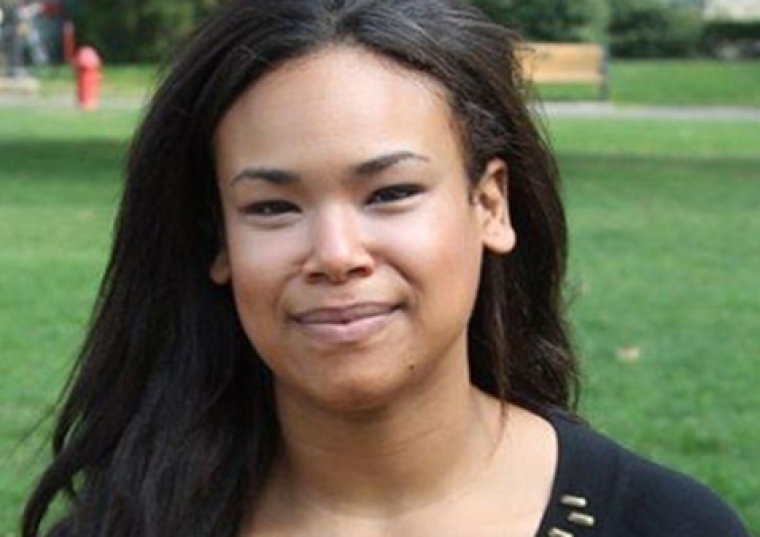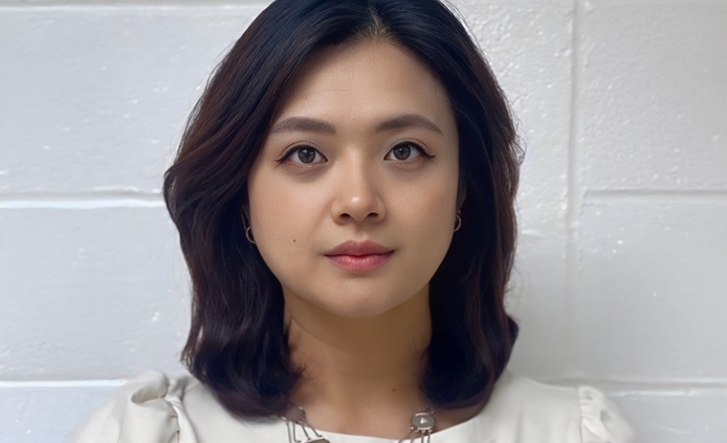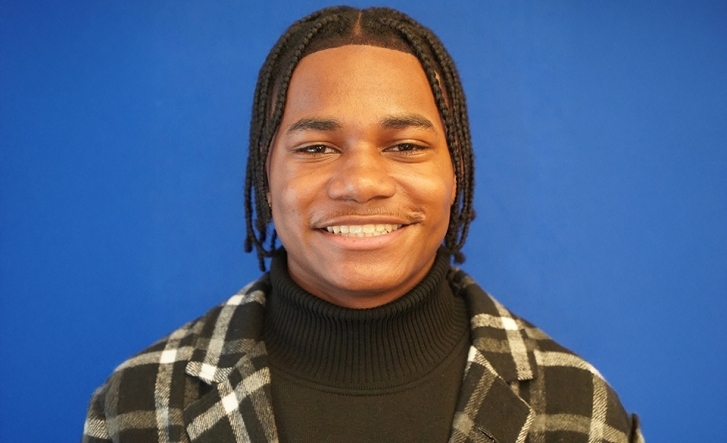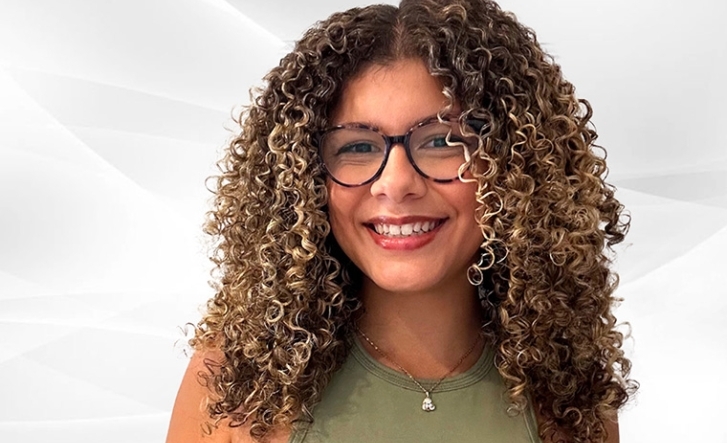Karina Castro ’13C

Fueled by a lifelong desire to serve those less fortunate, St. John’s psychology major Karina Castro ’13C spent her last undergraduate summer as a research fellow for The Leadership Alliance Summer Research–Early Identification Program.
The Alliance is a national consortium of leading research and teaching colleges, universities, and private industries that help prepare underrepresented students for careers as outstanding leaders and role models in academia, business, and the public sector.
Over the course of eight weeks, Castro conducted clinical neuroscience research at Brown University under the mentorship of Suzanne de la Monte, M.D., M.P.H. Working in de la Monte’s lab, Castro studied the effects of chronic fetal alcohol syndrome and how it is transmitted from parent to child. The highly competitive program provided her with a stipend, housing, and extensive assistance with graduate school applications.
Following graduation, Castro plans to pursue an M.D./Ph.D. degree, which she hopes to put to good use treating underprivileged populations. Traditionally, the dual degree takes nearly 10 years, but Castro isn’t daunted. "I want to do something meaningful with my life," she said.
A native of Lawrence, MA, Castro chose St. John's because of the University's emphasis on service. "Their focus on developing a strong social conscience appealed to me. I want to help the poor. I have no interest in playing on Instagram," she stressed.
Castro credits her parents (both natives of the Dominican Republic) with instilling in her a desire to help others. "My mom is a doctor, and my dad is an architect. When I was little, my mother visited sick children in the areas where my father worked. I've been exposed to that sensibility since I was three."
At St. John's, Castro says she "fell in love" with neuroscience and that everything fell into place for her when she took a neuropsychology class with Robin Wellington, Ph.D., assistant professor of psychology. "That class was an epiphany for me," she said. Understanding the underlying physical reasons why people suffer from illnesses like depression fascinated her.
"I decided that I could help people through a career in the physical sciences," Castro observed. "I want to be a doctor and work in either a hospital setting or a nonprofit, and I think I'd like to work with children."
Castro also credits Scyatta Wallace, Ph.D., associate professor of psychology, with opening her eyes to the many service-oriented careers in her field. "Thanks to her, I got myself together,” she said. “She really motivated me."
As a Latina woman, Castro hopes that she can serve as a role model for those who follow in her footsteps. "My responsibility is to lay some groundwork for those young girls coming after me,” she said. “I want to see us represented in the biological sciences and possibly start an organization that promotes minority representation, like the Leadership Alliance. As long as I can fulfill that love of science while helping others, I'll be happy."



